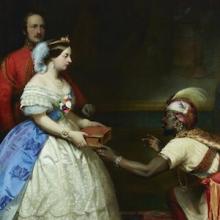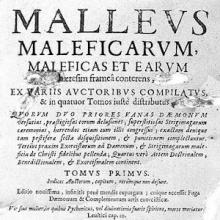Travel

Long Teaching Module: Women in the British Empire, 1800-2000
This module will help students explore the importance of women—both British women and women from British colonies—to the British Empire, as well as their importance in developing an understanding of Britain as an imperial power to a domestic audience at home.

Long Teaching Module: Women in the Early Modern World, 1500-1800
Talking about an “early modern world” allows us to investigate the interconnectedness of world cultures, as opposed to their isolation.

Gertrude Bell Project
In the teaching of world history, this site lends itself to exploring both the themes of women travelers and their writing, as well as the timely topic of European intervention in the Middle East, in particular Iraq.
Florilegium Urbanum
Inspired by the medieval concept of a textual anthology illuminating specific topics, Florilegium Urbanum allows the user to explore more than 200 short sources and excerpts from longer texts dealing with medieval English towns.Cultural Contact in Southern Africa: Letters, Johanna Maria van Riebeeck
Johanna Maria van Riebeeck (1679-1759) was from an elite family in the Dutch colonial network.
British Empire: Travel Narrative, Mary Kingsley
Mary Kingsley (1862-1900) is one of the best known British women to have visited West Africa during the period historians call the Age of New Imperialism. Her early life gave no indication of her future renown.
British Empire: Autobiography, Mary Seacole
In 1857, only 24 years after the British had abolished slavery in the empire, Mary Seacole (1805-1881) published her autobiography entitled the Wonderful Adventures of Mrs. Seacole in Many Lands.
Early Modern Period: Nonfiction, Jesuit Relations
This excerpt comes from a 1639 letter written by Mother Marie de Saint Joseph, a French Ursuline nun in Canada.
Early Modern Period: Fiction, Gargantua and Pantagruel
The following passage comes from one of the most famous literary works of early modern Europe: François Rabelais’s Gargantua and Pantagruel, first published in four volumes between 1532 and 1552.
The Pennsylvania Gazette: Free blacks and mulattos flee (4 December 1793)
Along with whites, free blacks and mulattos were also among those who fled the Haitian uprising. Mulattos could own slaves and plantations, and many of them did. Free blacks often manned the militias used to hunt down runaway slaves.